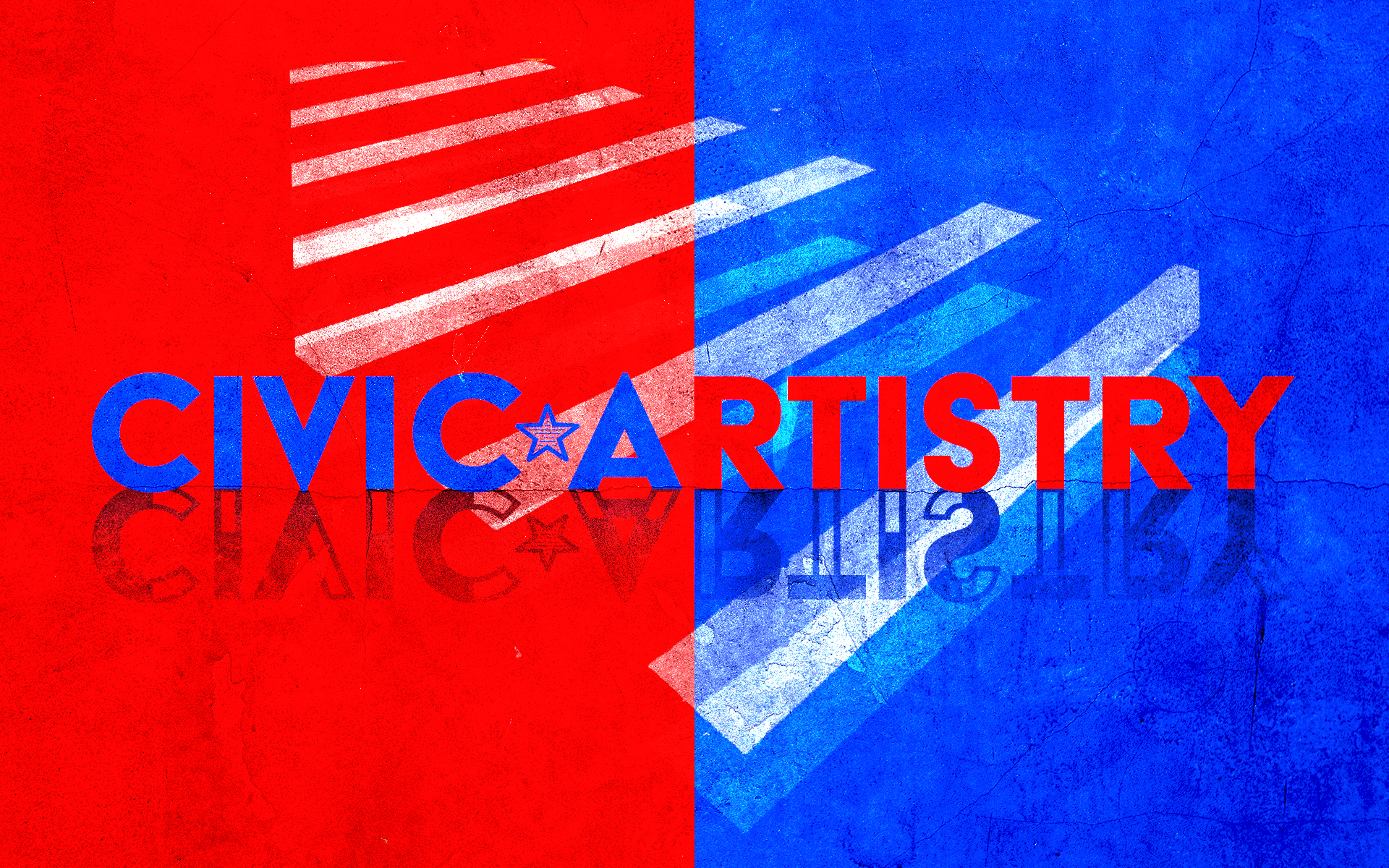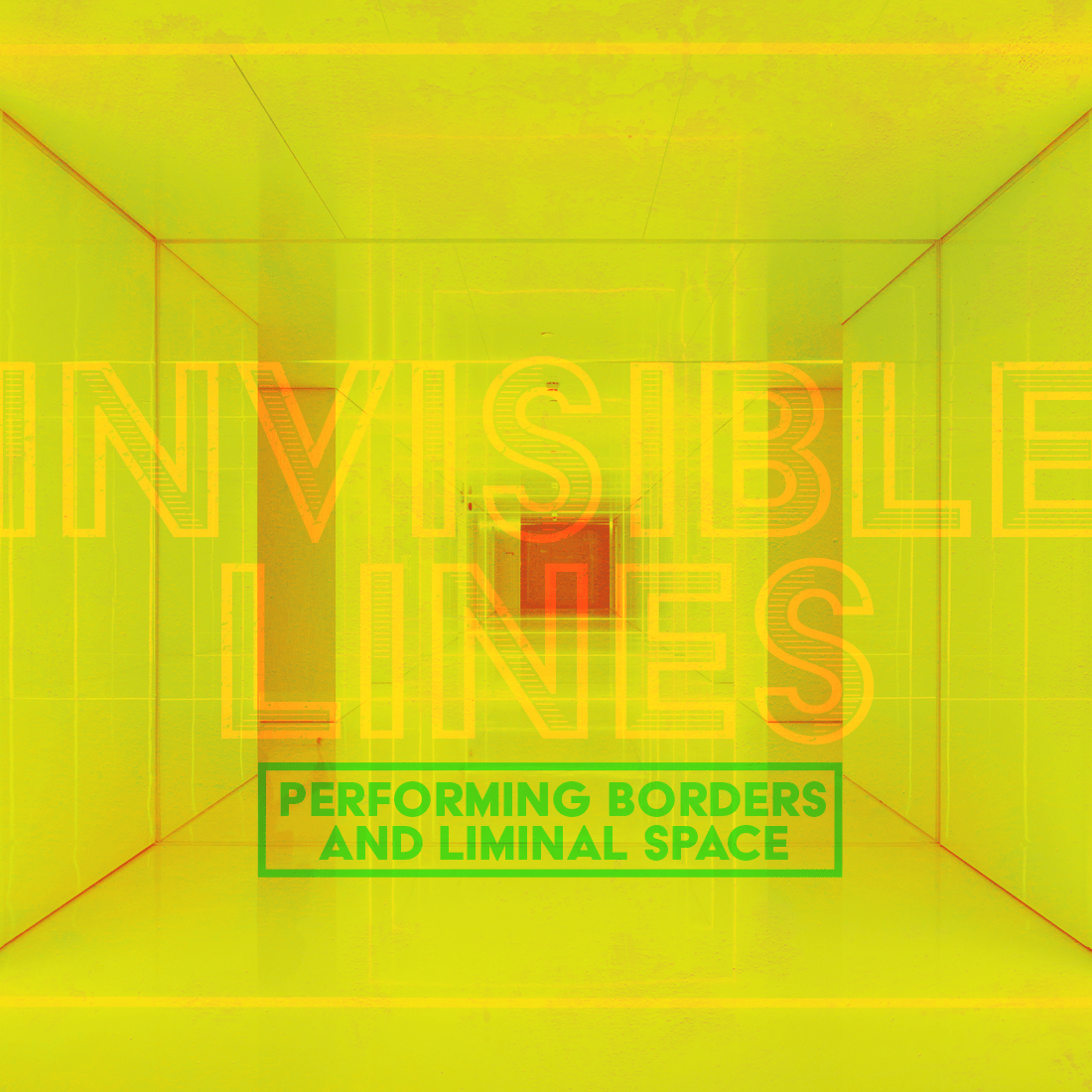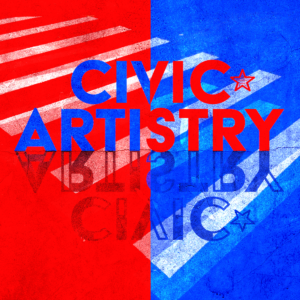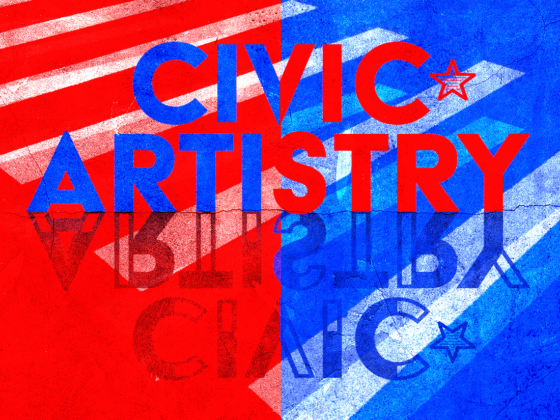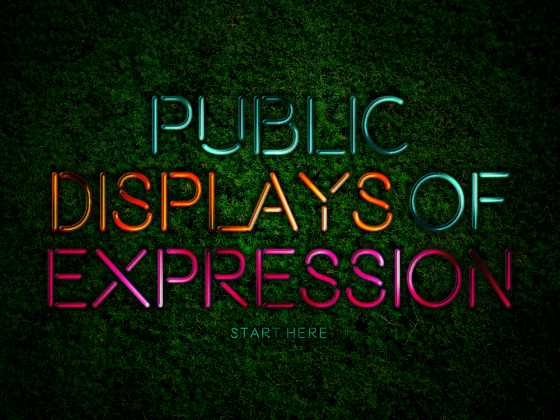AMBER BUTTS
Horror
Home became a place to avoid 156 days ago
Or before then but
After the Trump supporter who lives upstairs
Screamed “Hilary Clinton should be sentenced to prison.”
After the fear of Confederate flags and loud celebrations
Two women run out the house at different times
The first tells you about your neighbor,
Warns you against him
You try to remind yourself that this is his freedom of speech
The second woman slams against the floor
Trailing out
And you don’t say, “I’ll help you.”
You don’t see her again.

The Mother of all Bombs (MOAB)
Like a clap of wind, or earring backs secured in her hair
The heat of the bomb becomes, another break of no water
It mutes the expanse of promises
With the pen stabbing soon to be ghosts who were not able to wash
The 21,600 pound vessel
Not unlike the mouth you came from
A vortex of atrophied jawbone, chipped and un-screaming
Smells like the candy you grew up on
The ground opens
Calls your baba’s name.
A Black oiled Nicodemus
Spinning bodies of red,
A circled earthquake of dead leaves
Almost like autumn begged this holy thing
The air’s cobweb does not wait
It spoils and frames the city.
Burning as it falls.
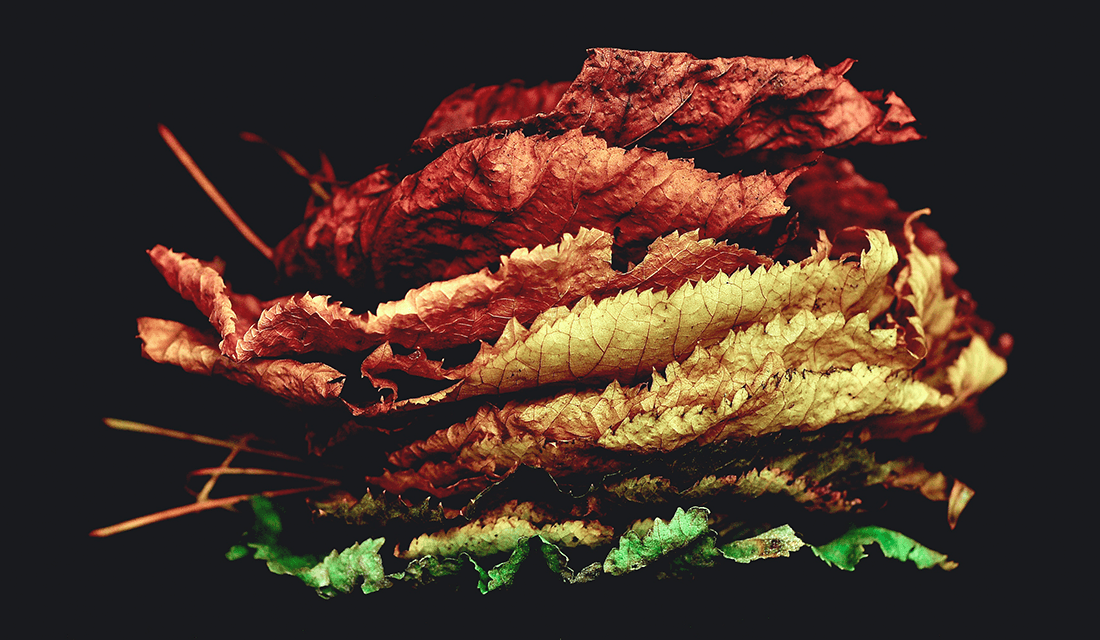
Cough
I once tried to measure
The world beneath a dead, warm arm
With hair combed over.
A ladybug on top of the smoke
The bullets, like stars
Threatening to eclipse the sun
I look up and the dogs bark
The deep, black quiet in me stills
I dig for awhile
To make my mother’s grave
A battered, overcast shaped coffin
I go back to the arm
We do not say goodbye
After, I pulled her body, placed her in
Laid beside her
Waited for the sun to come back.
I think the ladybug is dead too

On Horror
This piece is about my struggles with having an outspoken and unpredictable Trump-supporting neighbor. For a long time, I tried to avoid him because I had no idea what he’d do. I was struggling to sleep at night because of the things I’d hear him saying during the day and/or at night. Often, I felt like a frozen bystander listening in on him berating friends and family.
Eventually, I started writing letters to him to document the things I heard and to request that he honor the quiet hours. Since then, he’s stopped screaming as much and kept his volume at a more acceptable level.
At the core of my hesitation to address these behaviors was a genuine fear of retaliation. I had no idea what the consequences of me writing to him would be and given the fact that he’s a long time resident, I thought he’d be shown more favoritism with our landlord if I brought it up. I’m struggling to name what documenting his behaviors will do. I think it’s equal parts bravery, protection, and cowardice. The things I’ve heard him say are disgusting, racist, ignorant and sexist.
The imagery in this poem are all things that happened. Leading up to Trump’s inauguration, my neighbor played music that played as Trump walked onto the stage during his campaign speeches. When he won, he replayed the performances and music from the inauguration at the loudest volume possible through his speakers. The music was triggering for me because some of my work centers around undocumented folks and I believe that no person is illegal.
As a Black person who has seen some of the violent behaviors of Trump supporters, I have been on edge and there are times when I haven’t felt safe.
On The Mother of all Bombs (MOAB)
The U.S. dropped a non-nuclear bomb on Afghanistan on April 13th, 2017. It is said that over 100 militants were killed and the effects of the bomb were felt by nearby towns within a ten-mile radius. Windows and structures were destroyed nearby. There has been no official count of civilian deaths.
I wrote this poem because I’m critical of the ways the U.S. (and other first world countries) portray deaths as necessary or important wins. I searched for accounts of civilian deaths from this bomb and couldn’t find any. While I question the objectivity of these searches, there’s a larger conversation to be had about who is worthy of saving and who is disposable. I titled the poem “Mother of all Bombs” because that is the name of the bomb that was dropped.
It’s interesting and disturbing how military culture (and patriarchy in general) use concepts of motherhood for land degradation, power, and control. In the poem, I talk about poverty and emphasize the connection between the womb, the bomb and the “mouth” of the pen. In this poem, the pen is complicit in the bombing as well because there are certain histories and narratives that get prioritized when talking about air raids. People are no longer people. They’re insurgents, militants, dangers.
Terrorism outside of America and against America is absolutely happening. And we must be honest about the ways that we are also terrorizing the world by investing in capitalism, natural resources, and power and divesting in people power, love, and humanity.
On Cough
I wrote this poem to highlight how children of color across the world have not been given the opportunity to be children. When thinking about war-concentrated areas, some children have had to be the breadwinners in their families. Some have had to bury parents and are not seen as children first. Whether we’re talking about Afghanistan or Compton, these threads are common.
The poem is also about the interaction between “natural” and “unnatural” things. For instance, the only way for the child in the poem to understand bullets is to compare them to stars. In order to reconcile the smoke from war, the child has noticed that the ladybug is on top of it. The child’s mother dies of unnatural causes and and in order to self-soothe, the child builds a grave and gets in with it’s mother, waiting for the sun to come back. This poem is about the power of imagination in the midst of war. It’s a call to continue to imagine as the new administration throws more things at us.
I wrote these pieces because I was pissed off at our government. It continues to drop bombs, kill and abuse Black and brown people worldwide. We never get the full story as to how and why folx are killed. Our legitimate anger and grief are often presented as misguided at best, and dangerous at worst. The narrative that gets preserved and prioritized is often white, cis, and male.
On top of all this, the alt-right has become more emboldened since Trump’s inauguration. Friends of mine have been chased, cursed out, and had objects thrown at them for: walking to work, hanging out with friends, being at a peaceful march, and/or being “visibly” queer. These friends have contemplated ending their lives, moving, and changing parts of themselves to appear more acceptable. This is not happening in Florida or Tennessee. It’s happening here, in California. And it is happening everywhere.
While I write this, I listen to my Trump-supporting neighbor yell at his Muslim partner and tell her that “anyone who wears a hijab needs to be deported.”
As artists (and other marginalized folx), we are expected and encouraged to hold the responsibility that comes with naming the conditions we experience. All within the midst of ongoing death, trauma, poverty, and state-sanctioned violence. It is difficult to write and be concerned with surviving. Some would argue that we write to survive or preserve ourselves in some form. These pressures and forced narratives do not honor, center, or contribute to our and our families’ well-being.
This is my attempt to reconcile with how to live in a country that capitalizes off of death. To question how we measure the loss of life and encourage us to be better.

